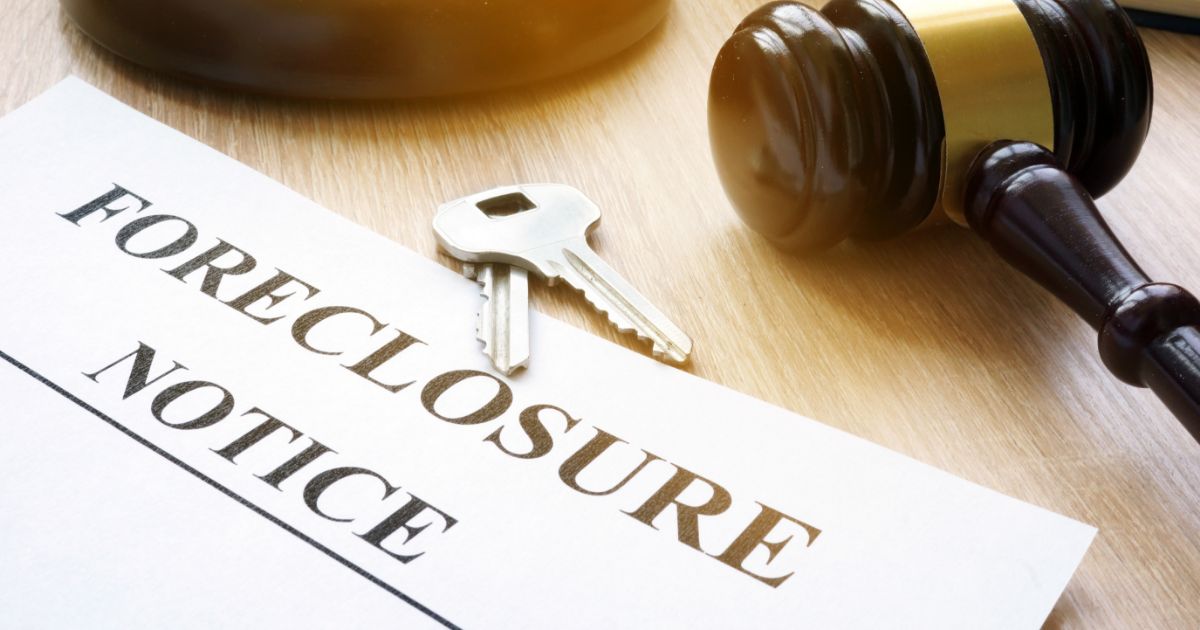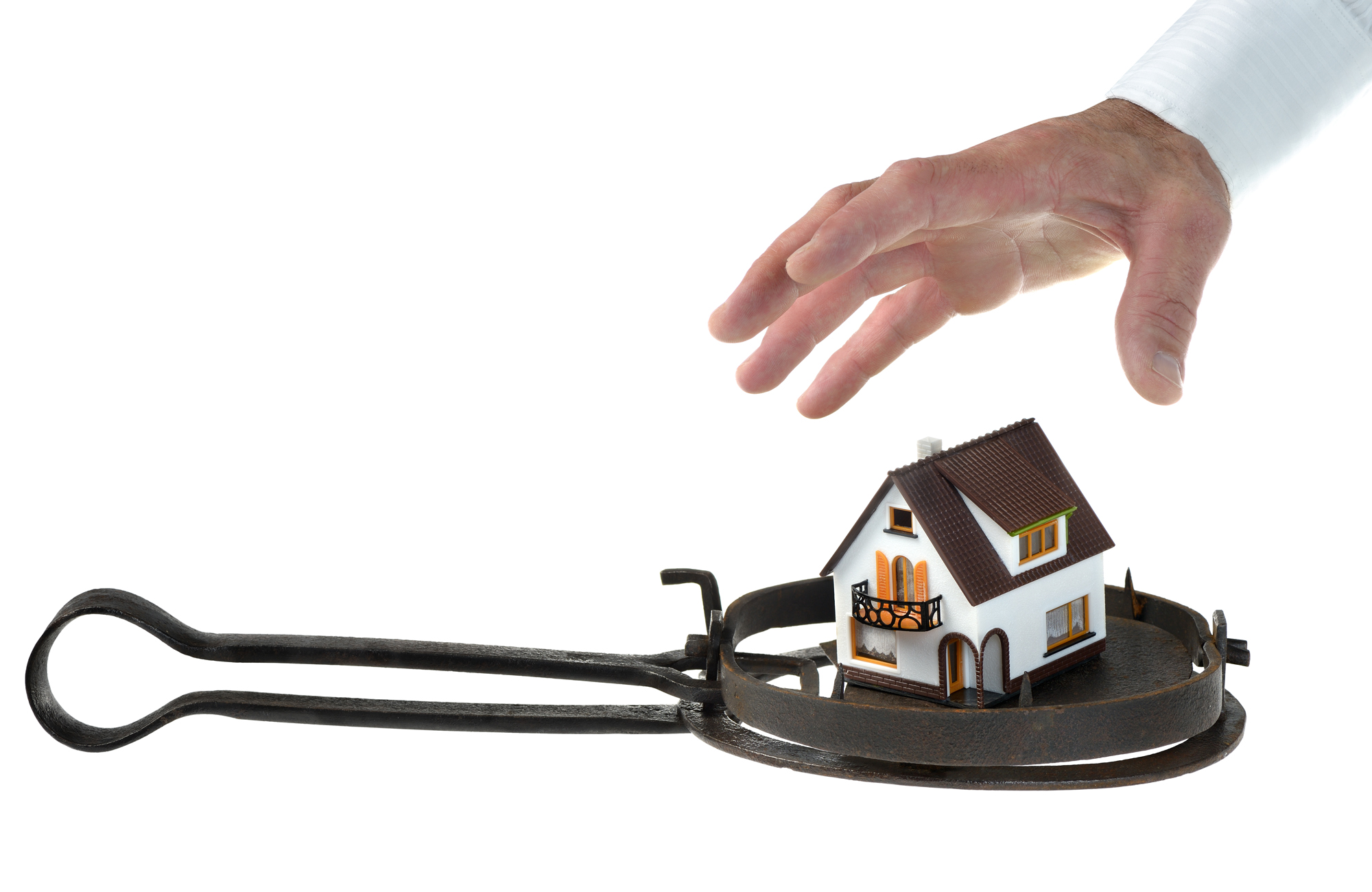Foreclosure occurs when a borrower fails to make required mortgage payments, and the lender reclaims the property. In Georgia, the foreclosure process typically follows a non-judicial foreclosure model. This approach allows lenders to foreclose on a property without going through the court system, which can result in a faster timeline compared to judicial foreclosure.
For Atlanta homeowners, understanding how non-judicial foreclosure in Georgia works is important—especially if you’re navigating missed mortgage payments or trying to understand your rights and options under Georgia foreclosure laws.
Understanding foreclosure in Georgia
Foreclosure laws in the U.S. vary by state. In Georgia, most mortgage agreements include a "power of sale" clause, which authorizes the lender to sell the property without court involvement if the borrower defaults.
This is the foundation of a non-judicial foreclosure. By contrast, a judicial foreclosure requires a lawsuit and court approval before the lender can sell the home.
Georgia's use of non-judicial foreclosure is rooted in the presence of a Security Deed (also known as a Deed of Trust), which transfers certain rights to a trustee who has the authority to sell the property on behalf of the lender.

The non-judicial foreclosure process in Atlanta
The non-judicial foreclosure process in Atlanta typically begins when a homeowner misses multiple mortgage payments, causing the loan to go into default. At this point, the lender may issue a Notice of Default, signaling the official start of the process. In Georgia, the lender must then publish a notice of the pending foreclosure sale in a local newspaper once a week for four consecutive weeks. During this time, homeowners still have the right to “cure” or reinstate the loan by paying the overdue amount. If the loan is not reinstated, the property is auctioned off on the first Tuesday of the month at the county courthouse steps, where the highest bidder takes ownership.
How non-judicial foreclosure differs from judicial foreclosure
In a non-judicial foreclosure, lenders are not required to file a lawsuit or receive a judge's approval to foreclose. This contrasts with judicial foreclosure, which must go through the courts.
Some key differences:
-
Speed: The Georgia non-judicial foreclosure process can be completed in as little as 30–45 days from the notice of sale.
-
Simplicity: The lack of court involvement typically means fewer delays.
-
Limited protections: Borrowers have fewer legal safeguards in a non-judicial process than they would with a court-supervised foreclosure.
Rights of homeowners in a non-judicial foreclosure
Even in a non-judicial foreclosure in Atlanta, borrowers retain certain rights:
-
Right to reinstate: Borrowers can bring the loan current and stop the foreclosure by paying what’s owed before the sale date.
-
Right to redeem: In Georgia, redemption is only available prior to the foreclosure sale. After the auction, this right is typically lost.
-
Debt collection protections: Homeowners are protected under the Fair Debt Collection Practices Act (FDCPA), which regulates how lenders and third parties can pursue debts.
-
Deficiency judgments: If the home sells for less than the loan balance, the lender may pursue a deficiency judgment for the remaining amount, depending on the case. This means that the borrower may have to pay the difference between the loan balance and the sale price of the house.
How to stop a non-judicial foreclosure in Atlanta
There are a few legal and financial options available that may help stop or delay the foreclosure process:
-
Loan modification: The borrower may be able to negotiate new loan terms with the lender.
-
Chapter 13 bankruptcy: Filing for bankruptcy can provide a temporary stay on foreclosure proceedings.
-
Short sale or Deed in Lieu: The borrower may work with their lender to sell the home for less than the loan amount, or transfer ownership to avoid foreclosure.
-
Legal or housing counsel: The borrower can reach out to foreclosure defense attorneys or HUD-approved housing counselors for help navigating the situation.
Impact of non-judicial foreclosure on credit and future homeownership
A non-judicial foreclosure in Georgia can have a lasting impact on a homeowner’s credit. Foreclosure can lower a credit score by several hundred points and may remain on a credit report for up to seven years. This drop in credit can make it difficult to qualify for new loans, including future home mortgages. In many cases, buyers must wait several years—often between two to seven—before they’re eligible to purchase another house, depending on the loan type and individual financial recovery. However, it’s possible to rebuild credit over time by making on-time payments, reducing debt, and using credit responsibly after foreclosure.
Key takeaways for Atlanta homeowners
The Georgia foreclosure process—specifically non-judicial foreclosure in Atlanta—moves quickly and does not require court involvement. Homeowners should understand the timeline, legal procedures, and potential outcomes associated with the power of sale foreclosure in Georgia. If you are dealing with mortgage default, it’s important to explore your rights and legal options under foreclosure laws in Georgia.
For those researching alternatives or just trying to understand how the process works, consider reaching out to a housing counselor or qualified legal professional for help with your unique situation.
This blog is for informational purposes only and should not be considered legal advice.















